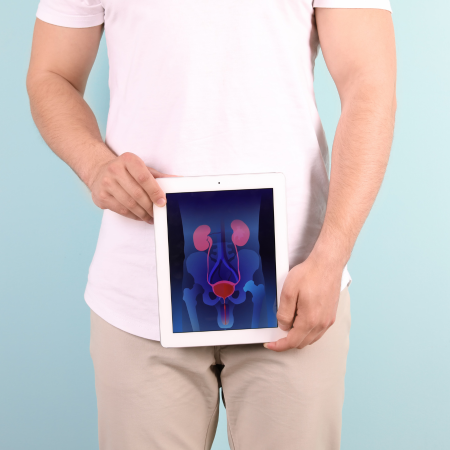Sexually Transmitted Infections & Leprosy

Sexually transmitted infections (STIs) are infections that are primarily transmitted through sexual contact, including vaginal, anal, or oral sex. These infections can be caused by bacteria, viruses, parasites, or fungi. Here’s a description of common STIs and leprosy:
Chlamydia: Chlamydia is a bacterial STI caused by the bacterium Chlamydia trachomatis. It is one of the most common STIs worldwide. Chlamydia can infect the genitals, rectum, and throat. Symptoms may include abnormal vaginal or penile discharge, pain during urination, and pelvic pain. However, many infected individuals may not experience noticeable symptoms.
Gonorrhea: Gonorrhea is another bacterial STI caused by the bacterium Neisseria gonorrhoeae. It can infect the genitals, rectum, and throat. Symptoms of gonorrhea may include unusual discharge, painful urination, and in women, pelvic pain or bleeding between periods. However, like chlamydia, many individuals with gonorrhea may not have noticeable symptoms.
Syphilis: Syphilis is a bacterial STI caused by the bacterium Treponema pallidum. It progresses through different stages and can affect various organs and systems if left untreated. Symptoms of syphilis can include painless sores or ulcers (chancres), rash, fever, fatigue, and swollen lymph nodes. In advanced stages, it can lead to severe complications, including damage to the heart, brain, and other organs.
Human papillomavirus (HPV): HPV is a viral STI caused by the human papillomavirus. It is the most common sexually transmitted infection. HPV can cause genital warts and is also associated with certain types of cancers, including cervical, anal, and oropharyngeal (throat) cancers. Some HPV infections may not cause any symptoms, while others can lead to visible warts.
Human immunodeficiency virus (HIV): HIV is a viral infection that attacks the immune system, specifically CD4 cells, which are crucial in fighting infections. HIV is primarily transmitted through sexual contact, contaminated blood, or sharing needles. If left untreated, HIV can progress to acquired immunodeficiency syndrome (AIDS). Symptoms of HIV can vary but may include fever, fatigue, swollen lymph nodes, and opportunistic infections.
Leprosy, also known as Hansen’s disease, is a chronic infectious disease caused by the bacterium Mycobacterium leprae. Leprosy mainly affects the skin, peripheral nerves, and mucous membranes. It is a slow-developing disease, and symptoms can take years to appear. Common signs of leprosy include skin lesions or patches with reduced sensation, numbness, thickened nerves, and muscle weakness. Leprosy is not highly contagious, and it can be effectively treated with multidrug therapy.
If you suspect you have an STI or leprosy, it is crucial to seek medical attention promptly. Testing, diagnosis, and treatment should be conducted by a healthcare professional or a specialist in sexual health or infectious diseases to ensure appropriate care and management of these conditions.
